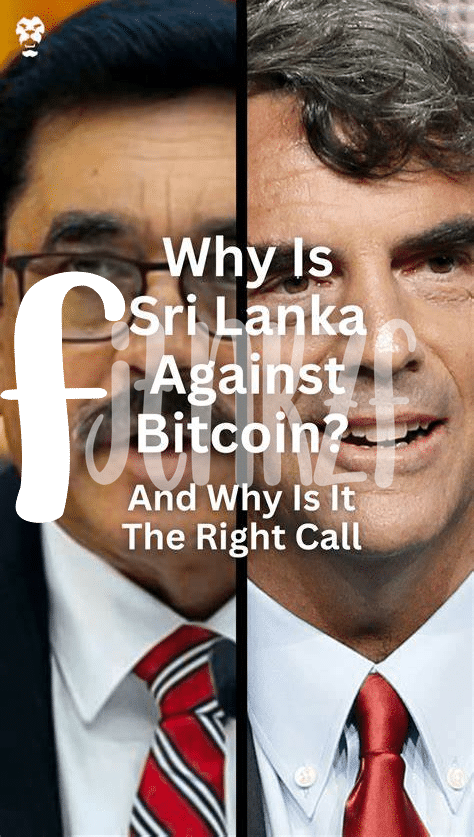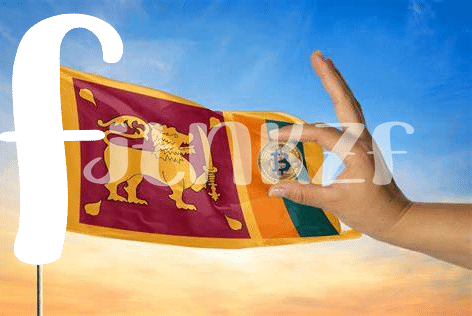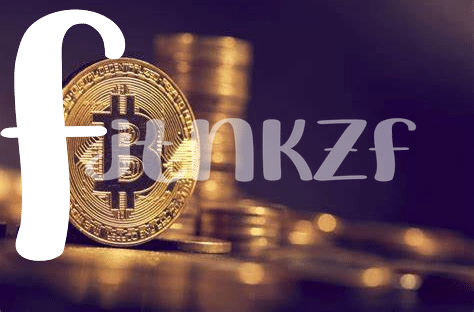Overview of Sri Lanka’s Forex Regulations 🌍

Sri Lanka’s Forex regulations play a pivotal role in shaping the country’s financial landscape. With a focus on preserving economic stability and protecting investors, these regulations establish the framework for foreign exchange transactions. Understanding the guidelines set forth by the Central Bank of Sri Lanka is essential for businesses and individuals engaging in Forex activities within the country. Compliance with these regulations not only ensures legal operations but also contributes to the overall integrity of the financial sector in Sri Lanka.
Navigating the nuances of Sri Lanka’s Forex regulations requires a keen awareness of the policies governing currency exchanges and international transactions. Whether facilitating imports and exports or managing investments, adherence to these regulations is paramount. By providing a clear roadmap for conducting Forex activities, Sri Lanka’s regulatory framework aims to foster trust and transparency in the financial markets, paving the way for sustainable economic growth.
Impact of Bitcoin on Traditional Currency 💸
The rise of Bitcoin has sparked curiosity and concern regarding its impact on traditional currencies. As the digital currency gains traction, questions arise about how it may influence the stability and value of fiat money. While some view Bitcoin as a disruptive force threatening established monetary systems, others see it as a catalyst for innovation in the financial landscape. This shift in perspective towards digital assets has prompted a reevaluation of the traditional roles of currencies and the potential implications for global markets.
The interplay between Bitcoin and traditional currencies signifies a paradigm shift in the way we perceive and transact value. As Bitcoin continues to garner attention and scrutiny from regulators and market participants alike, the dynamics between digital and fiat currencies will undoubtedly shape the future of financial interactions. Understanding these dynamics is crucial for navigating the evolving landscape of digital payments and the broader implications for monetary policies and cross-border transactions.
Legal Status of Cryptocurrency Exchanges 📜

Cryptocurrency exchanges in Sri Lanka operate under a complex regulatory landscape that is constantly evolving. As the government assesses the implications of digital currencies on the traditional financial system, the legal status of these exchanges remains a topic of intense scrutiny. While there is a lack of specific legislation addressing cryptocurrencies, existing laws related to money laundering and financial regulations are applied to ensure compliance. This dynamic environment presents challenges for exchanges seeking to navigate the legal framework while also fostering innovation in the rapidly growing market. Clear guidelines and communication between regulators and industry stakeholders are essential to establish a secure and transparent ecosystem for cryptocurrency trading. As the global regulatory landscape continues to take shape, the legal status of cryptocurrency exchanges in Sri Lanka will undoubtedly play a crucial role in shaping the future of digital asset trading in the country.
Challenges Faced by Bitcoin Exchanges 🤔

Bitcoin exchanges in Sri Lanka encounter various challenges as they navigate the evolving regulatory landscape. One of the central hurdles is the lack of clear guidelines specific to cryptocurrencies, leading to uncertainty in compliance requirements. Additionally, issues such as banking relationships and access to financial services pose obstacles for these exchanges in conducting seamless operations. Moreover, concerns over cybersecurity and potential illegal activities associated with digital assets further complicate the operating environment.
To delve deeper into the complexities surrounding Bitcoin exchanges within regulatory frameworks, visit foreign exchange controls affecting bitcoin in Sweden. This exploration sheds light on the interconnected issues impacting the legal landscape of digital currencies in various jurisdictions.
Compliance Requirements for Forex Transactions 📋
Sri Lanka’s regulatory framework requires stringent adherence to compliance requirements for all Forex transactions. Traders and exchanges must navigate a maze of regulations to ensure transparency and security in their dealings. From KYC (Know Your Customer) procedures to AML (Anti-Money Laundering) protocols, the regulatory landscape demands thorough documentation and reporting. These compliance measures are vital not only for the stability of the market but also for the protection of investors from potential risks associated with Forex trading. Embracing these requirements not only enhances credibility but also fosters trust among stakeholders in the financial ecosystem.
Future Outlook for Bitcoin Market in Sri Lanka 🔮

A look into the horizon reveals a promising future for the Bitcoin market in Sri Lanka. As the digital currency landscape continues to evolve globally, Sri Lanka is poised to explore the potential of embracing cryptocurrencies like Bitcoin. With increasing awareness and adoption rates, the market’s growth trajectory is set to be influenced by regulatory developments and market dynamics. The expanding interest in digital assets and blockchain technology signals a shift towards a more digital economy, offering opportunities for both investors and consumers alike.
In the midst of this evolving landscape, the adaptation of foreign exchange controls affecting Bitcoin in Suriname is a critical aspect to consider for stakeholders in the cryptocurrency market. Understanding the implications of such regulations can provide valuable insights into navigating the complexities of cross-border transactions and regulatory compliance. By staying informed and proactive in addressing these challenges, the Bitcoin market in Sri Lanka can pave the way for sustainable growth and innovation.
